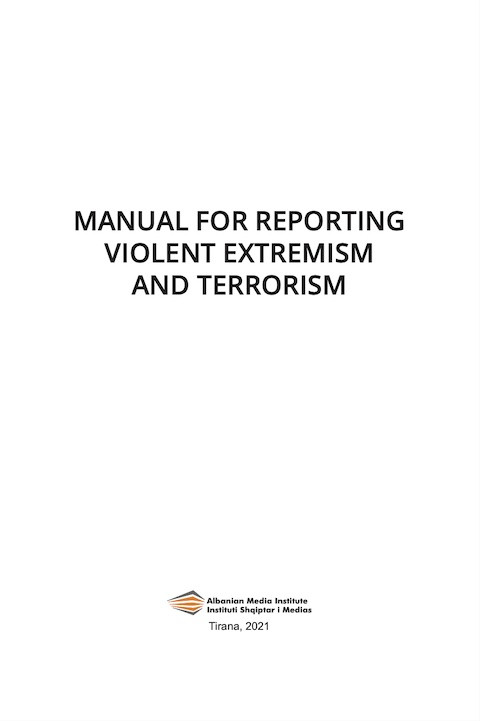
GCED Basic Search Form
Quick Search
Вы здесь
Ресурсы

Contemporary journalists and media are responsible for informing the public, but this is made challenging in the age of disinformation and when citizens are victims of “false” information, sometimes as a result of propaganda produced by extremist or terrorist groups.
This new circumstance requires a new ethical and professional awareness. In this context, Albanian Media Institute convened a group of experts that created a set of guidelines that media can follow when covering violent extremism and terrorism. These are based in part on international texts, the UNESCO handbook for journalists Terrorism and the media and other professional guidelines, as well as on the experience of the Albanian media coverage of violent extremism. The guidelines review current legal regulation that affects media coverage; the basic principles of editorial work and reporting; particular nuances and features to consider when covering terrorism; the role of social media; and the challenge of hate speech that might incite violent extremism and terrorism. Ethical journalists are rightly wary of being told how to do their job so we recognize that the reality of reporting terrorism cannot be limited by a strict instruction manual. These suggestions are therefore offered as potential guidance, providing reporters and editors who cover these issues with thoughts and ideas that may help them deal with professional challenges they face in their everyday work.
